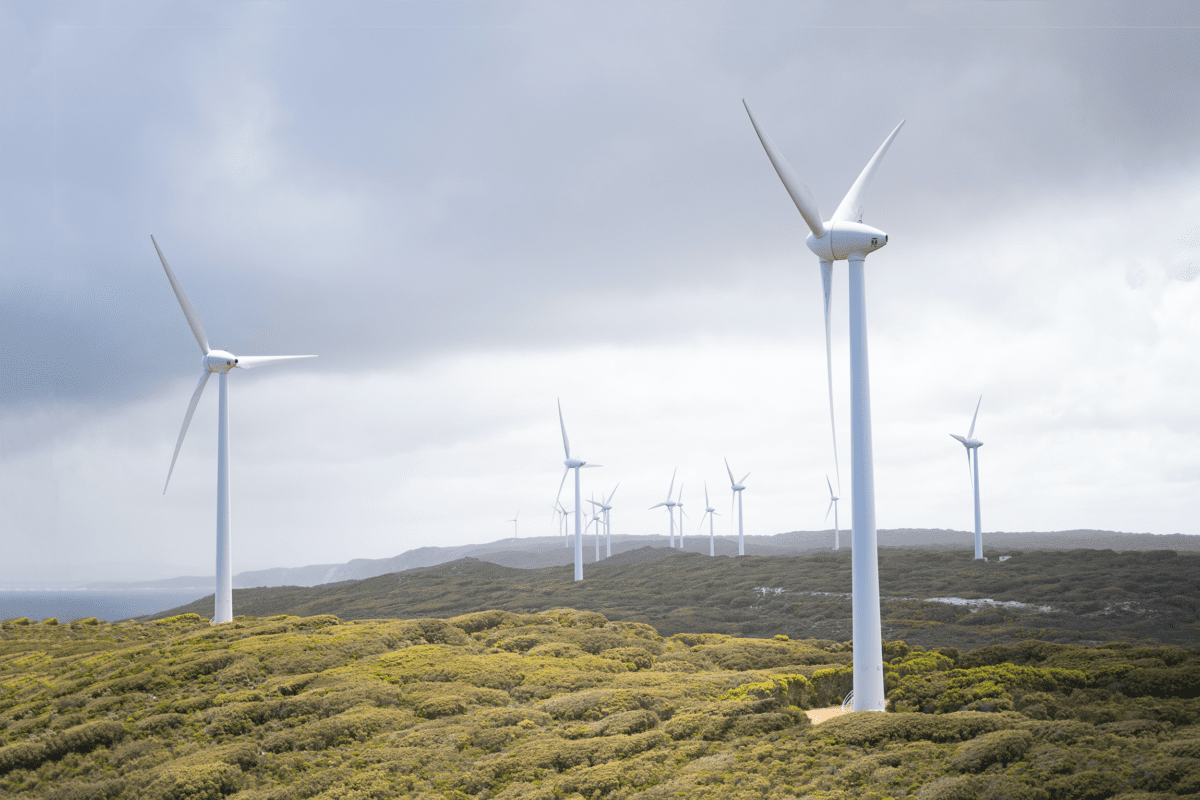Monday was the first anniversary of the reformed Safeguard Mechanism, the 8th anniversary of its start under the Coalition. It also marked the 12th anniversary of the carbon pricing mechanism, and Australia’s carbon crediting framework that alongside the Climate Change Authority has endured and continues to evolve.
We recognised these anniversaries with a symposium in Parliament House and an opinion piece from our Chair Kerry Schott in the AFR (see below).
Carbon Market Strategy can align and boost decarbonisation investment signals
The enhanced Mechanism was a significant step forward but not a sufficient one. We’ve been pleased to see extra steps in other sectors and support through initiatives such as the Vehicle Efficiency Standard, Energy Capacity Investment Scheme and Future Made in Australia plans.
Last Friday we released a policy brief calling for a national carbon market strategy that explains how carbon markets can best operate in tandem with the Safeguard Mechanism, which will continue to increase its coverage of industrial emitters as its emissions cap decreases. The policy brief also details market alignments with emerging policies for energy, transport, land and agricultural sectors.
The government has acknowledged the need for a cross-cutting carbon market strategy to go alongside sectoral net zero plans now being developed. An effective strategy can align and boost investment signals from Australian as well as state government initiatives such as pollution licensing and energy efficiency schemes.
No time for delay or backsliding
One of my favourite quotes from the Symposium was that action, not time, brings down costs. Technology cost reductions have come through implementation of effective policies and have been backed up by cost reductions through “learning by doing”. This includes harder to value, but no less important, community engagement and capacity building that brings down implementation costs.
Now is not the time to be reducing ambition: while targets may be challenging, the direction of travel for modern economies is clear. This is why many in business greeted the possibility of further policy uncertainty with dismay. While the consequences of any emission target reductions within the Paris Agreement may be debated, it is unarguable any backsliding will come at great cost to Australia’s reputation, regional security arrangements and potential to attract global investment in decarbonisation.
ACCU framework renovation and method development must continue
June also saw continued action and consultation in method development. There has been significant response to the call for expressions of interest for new ACCU methods, which will be evaluated by ERAC for integrity, complexity, scale and co-benefits. This is important in addition to continuing progress on integrated farming, savanna and landfill gas methods that are already priorities.
All these changes need to meet key integrity tests and undergo a public consultation process. CMI has been providing further assistance on IFLM, landfill and savanna method development, and looking to how we can support the new method development process. We are also continuing to work for the necessary legislative and rule changes that will be important in coming months, certainly by year end, to continue the transparency and integrity renovation of the ACCU Framework.
Next events: NAIDOC Carbon Conversation and Singapore Investor Forum
Following the success of our inaugural NAIDOC Week Carbon Conversation last year, CMI will next week present an Indigenous-led panel discussion to commemorate this event on Thursday July 11, from 12pm – 1pm AEST. This year’s theme for NAIDOC Week is “Keep the Fire Burning! Blak, Loud and Proud,” register here.
Next moth we will again return to Singapore for our second Investor Forum on 15 and 16 August. There is action aplenty in our region and it is vital to keep engaged and up to date. Details on program and registration here.

John Connor
CEO
Carbon Market Institute



